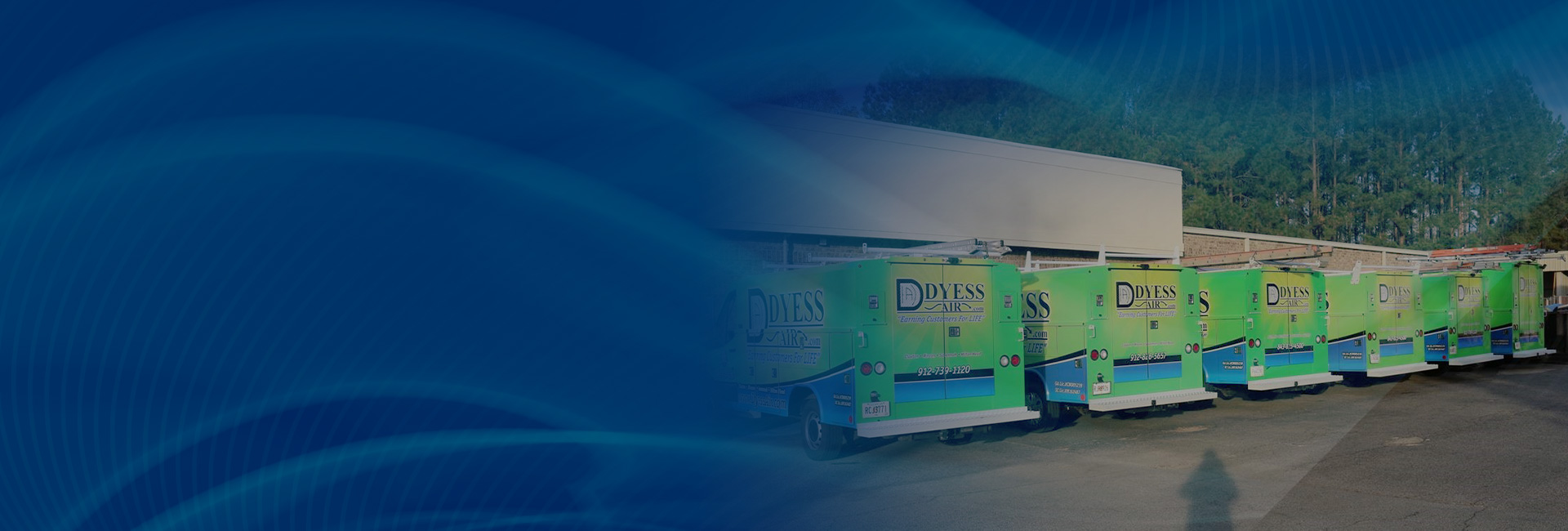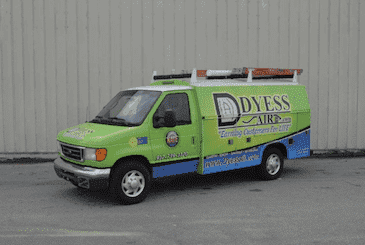There are many factors that can contribute to high or low energy bills during the winter months, making it important to consider more than just the expert predictions about the expected temperatures. However, the scientific data and technology available to the experts makes it equally important to consider their insights as you plan for the season. Before you blow your heating funds on extra holiday gifts for the kids, be sure that you pay attention to the details.
Weather Conditions
The U.S. Energy Information Administration issued its short-term outlook for the 2014-2015 winter heating season in early October. According to projections, the average household in the U.S. can expect a decrease in fuel needs based on the anticipated warmer temperatures across the nation. This lower heating demand is also expected to affect the pricing of natural gas, causing it to drop. Additionally, lower heating oil prices are anticipated. The EIA indicates that last year’s temperatures were 11 percent colder than the national average for the previous decade, a primary reason for high heating costs during the season.
Household Management Strategies
While temperatures may be milder, it’s important to consider optimizing your home and your HVAC system before the weather changes. Winter months can still be expected to be cold, and unexpected storms can crop up in spite of predictions. During these times, a poorly maintained system could create stress through a breakdown or through inadequate heating. Regardless of the winter outlook, schedule your heating maintenance to ensure your equipment is clean and safe for the coming months. Your technician will:
- Inspect all parts, checking for cracks, dirt, or other signs of wear.
- Inspect venting equipment to ensure safe emission management in a combustion system.
- Test thermostats and electronic components.
- Evaluate airflow issues.
If your technician identifies any serious problems with damaged parts or other conditions, he or she can make recommendations for repairs, part replacement, or other services that may be needed. This is an important safety measure as carbon monoxide and heating-related fires are serious concerns during the winter. This is also important for helping your equipment to provide better comfort levels and a longer life of use.
Modern Equipment Options
If your equipment is older, your efficiency can decline in spite of ideal weather conditions. If you are operating a furnace that is at least 15 years old or a heat pump that is at least 10 years old, new equipment may allow you to save even more dramatically during a mild winter. You may want to consider options like multi-stage furnaces for more comfortable heating during mild conditions. You could also evaluate hybrid heating, an HVAC system that includes both a furnace and a heat pump. This enables you to enjoy the most efficient heating option based on outside temperatures.
Our team at Conditioning is available to schedule heating maintenance or an estimate for new equipment at your convenience. Whether the energy experts are right or wrong about the coming season’s conditions, our experts will provide you with excellent guidance as we help with your home heating needs.

